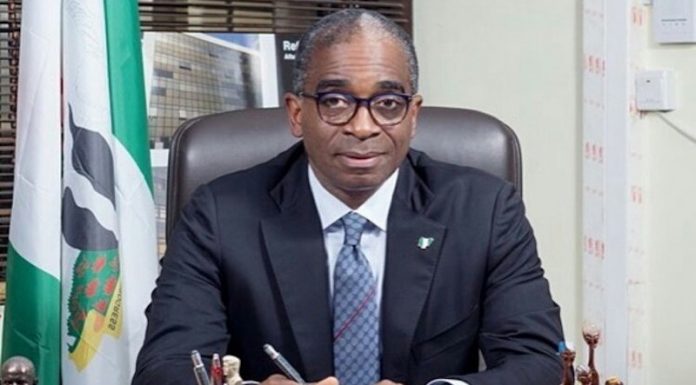The Nigerian Export Promotion Council (NEPC) has announced plans to review Nigeria’s export regulations to drive the nation’s non-oil export.
The Executive Director and Chief Executive Officer, NEPC, Olusegun Awolowo, said the move was to ensure export regulations in Nigeria are simple, clear, and more importantly not unreasonably costly to exporters.
Awolowo stated this during NACCIMA/NAWORG export promotion conference in Lagos.
“Regarding Nigeria’s export regulations we are in the process of a comprehensive review of the steps, costs, and efficacy of implementation,” he added.
He stated that Nigeria has come a long way, but still has some work to do, pointing out that exporters are to manage regulations on two levels – starting with export regulations in Nigeria, and ending with import regulations in target markets of its products.
He said almost all oil producing countries around the world have concluded they must diversify their exports, to build truly sustainable economies, stating that at the COP21 Paris climate agreements in 2015, over 195 countries committed to reducing their consumption of fossil fuels.
“We are in complete agreement that our nation’s economic growth must be export driven through export oriented manufacturing and industry. Indeed NACCIMA has been a strategic partner in the formulation of Nigeria’s Zero Oil Plan. The Zero Oil Plan identifies 22 sectors where Nigeria has both comparative and competitive advantage in world trade and the specific international markets to penetrate,” he added.
According to him, “to achieve our goal of rapid export diversification, we must emphasize the importance of the themes of this event – Effective export chain management, and Compliance to regulations. These two factors play an important part in whether we succeed or fail in our export revolution. It is a known fact that Nigeria is blessed with exportable agricultural products, solid minerals, manufacturing products among others.”
He added that efforts are already ongoing by the administration of President Muhammadu Buhari to accelerate the pace at which many of Nigeria’s non-oil sectors can begin to contribute foreign exchange.
“Regarding export chains development, the NEPC boss said Nigeria is not an economic island, and must integrate into pre-existing international supply chains. This leads to three basic conclusions – firstly we must be ready to compete and innovate to get our own share of global trade. This will not come easy and must be deliberately and systematically achieved.”
He stated the need for Nigeria to create a conducive business environment to attract the ongoing international reallocation of production and processing facilities from richer countries to developing markets.
He also said Nigeria must define and implement a comprehensive framework of trade agreements and fiscal instruments to improve its access to global supply chains.
“These conclusions are essential to linking Nigeria’s exports into the global supply chains, and are key elements of the current national exporting agenda. No economy can survive without exports. The NEPC is committed to playing a lead role in accelerating and providing a conducive environment for Nigeria’s effective participation at the international market space with a view to reaping for the economy significant foreign exchange from the global pie. NACCIMA has been a trusted partner for us in the past, and will remain so going forward.”
Also speaking at the event, the National President, NACCIMA, Iyalode Alaba Lawson, said Nigeria has relied on crude oil revenues as its main source of national income and supply of foreign exchange.
She stated the need to jointly work to develop a robust non-oil export trade, restating NACCIMA’s support to promote the growth and competitiveness of businesses by ensuring an enabling environment through policy advocacy and information dissemination.
View Details


